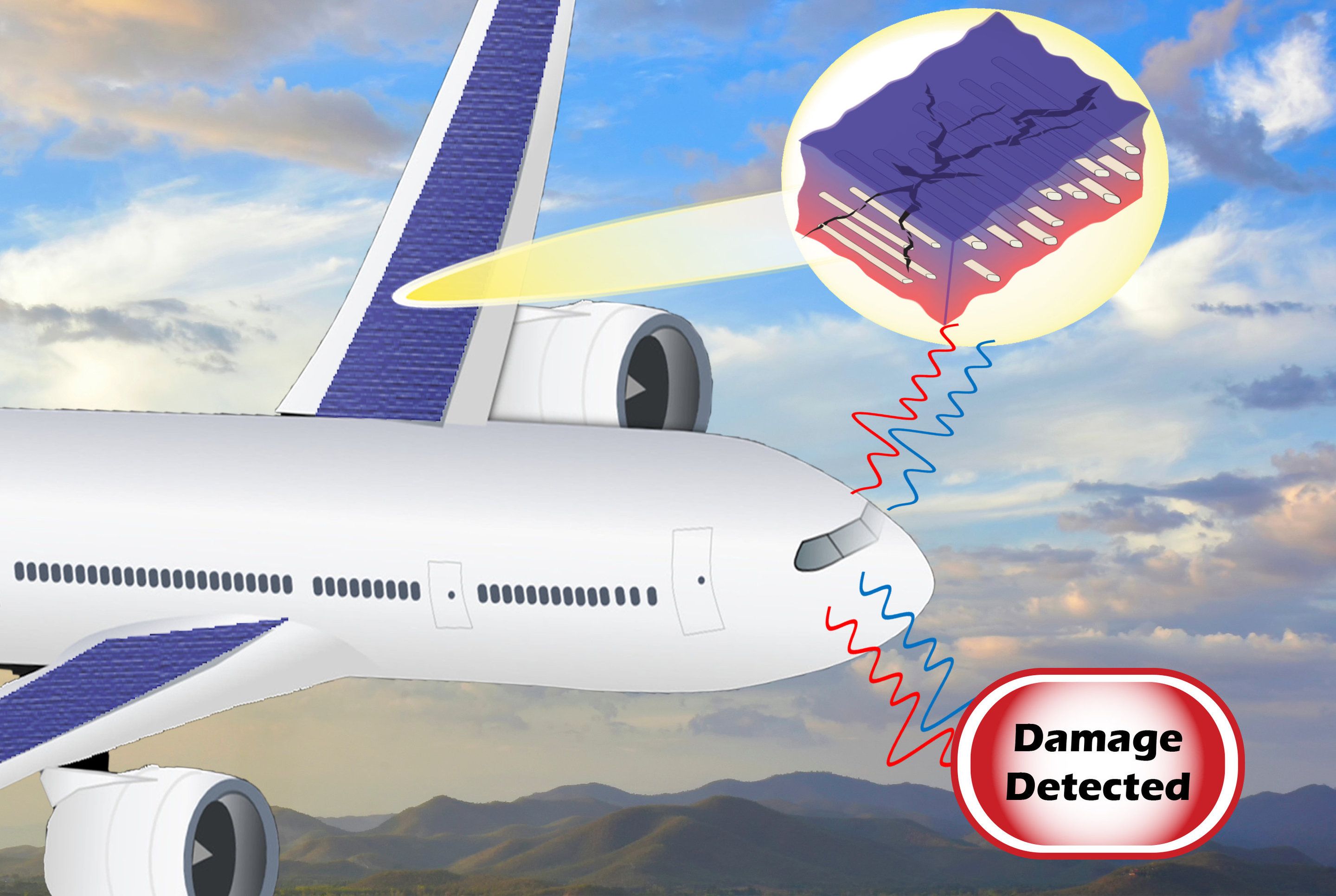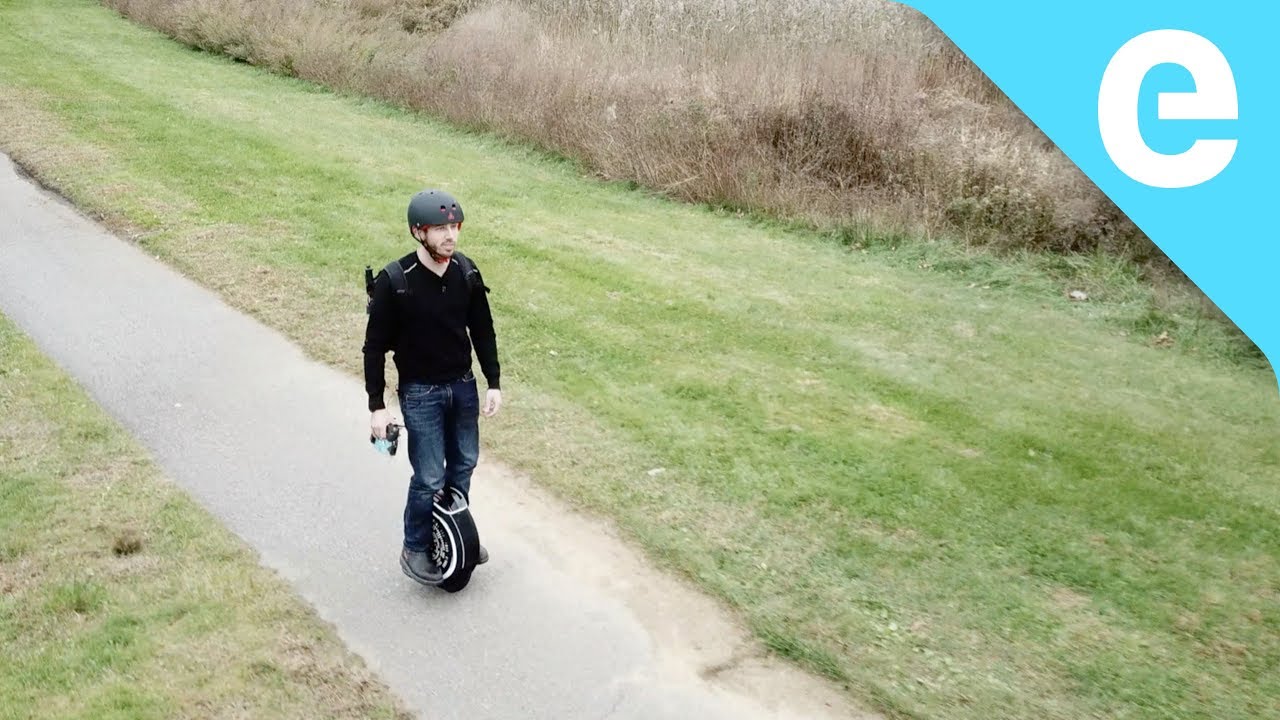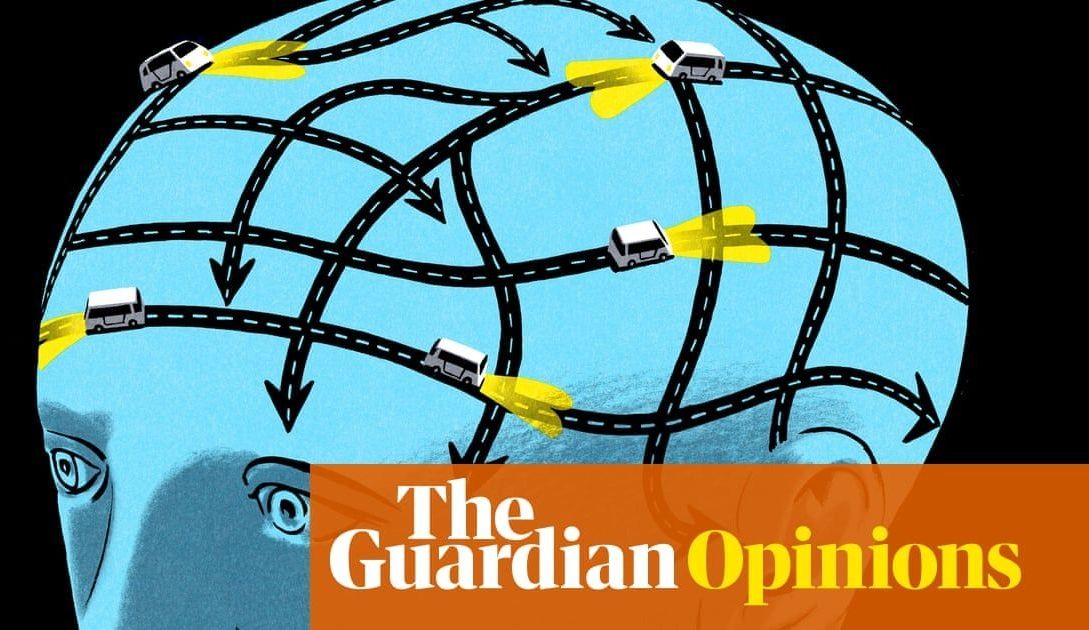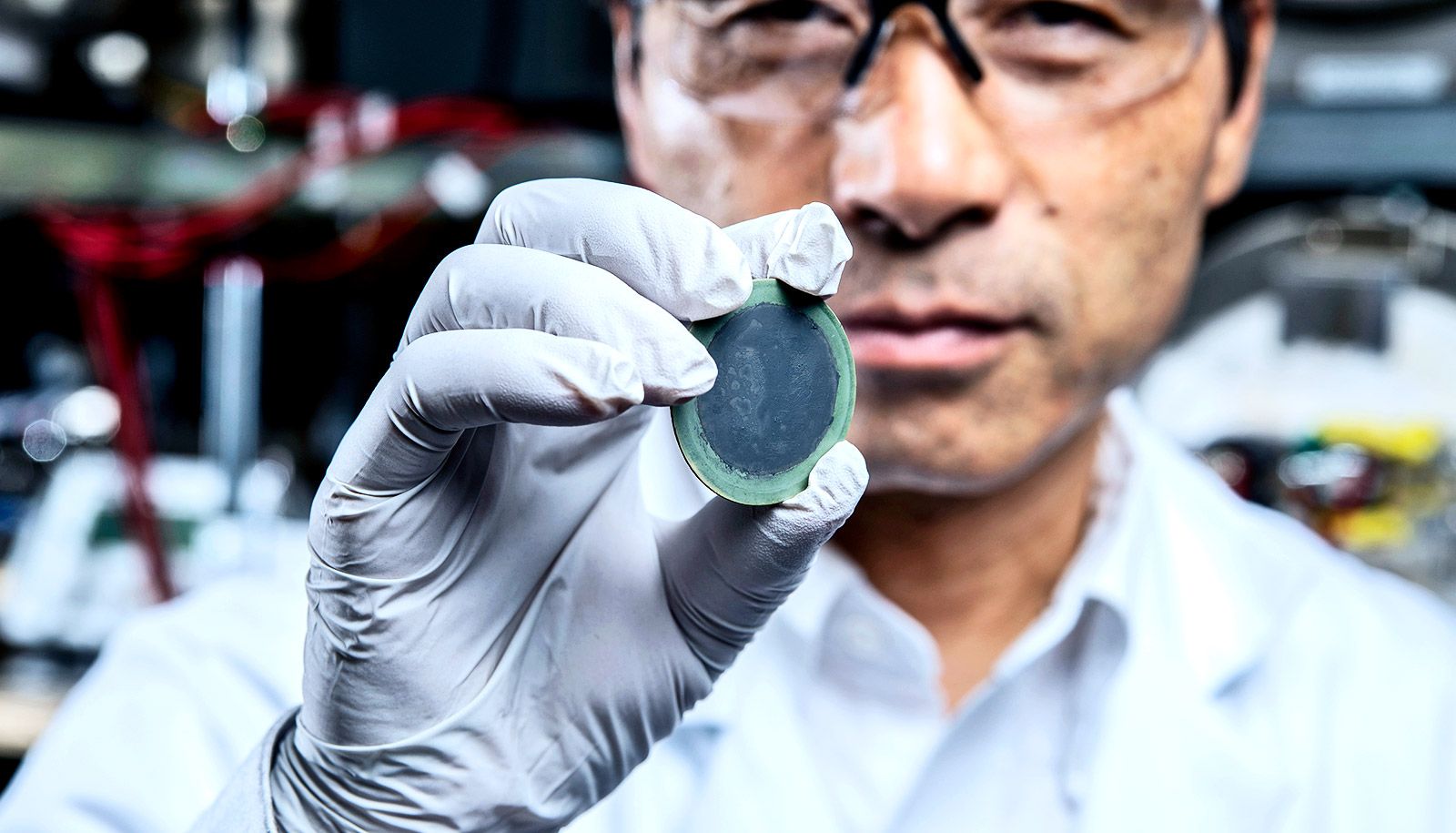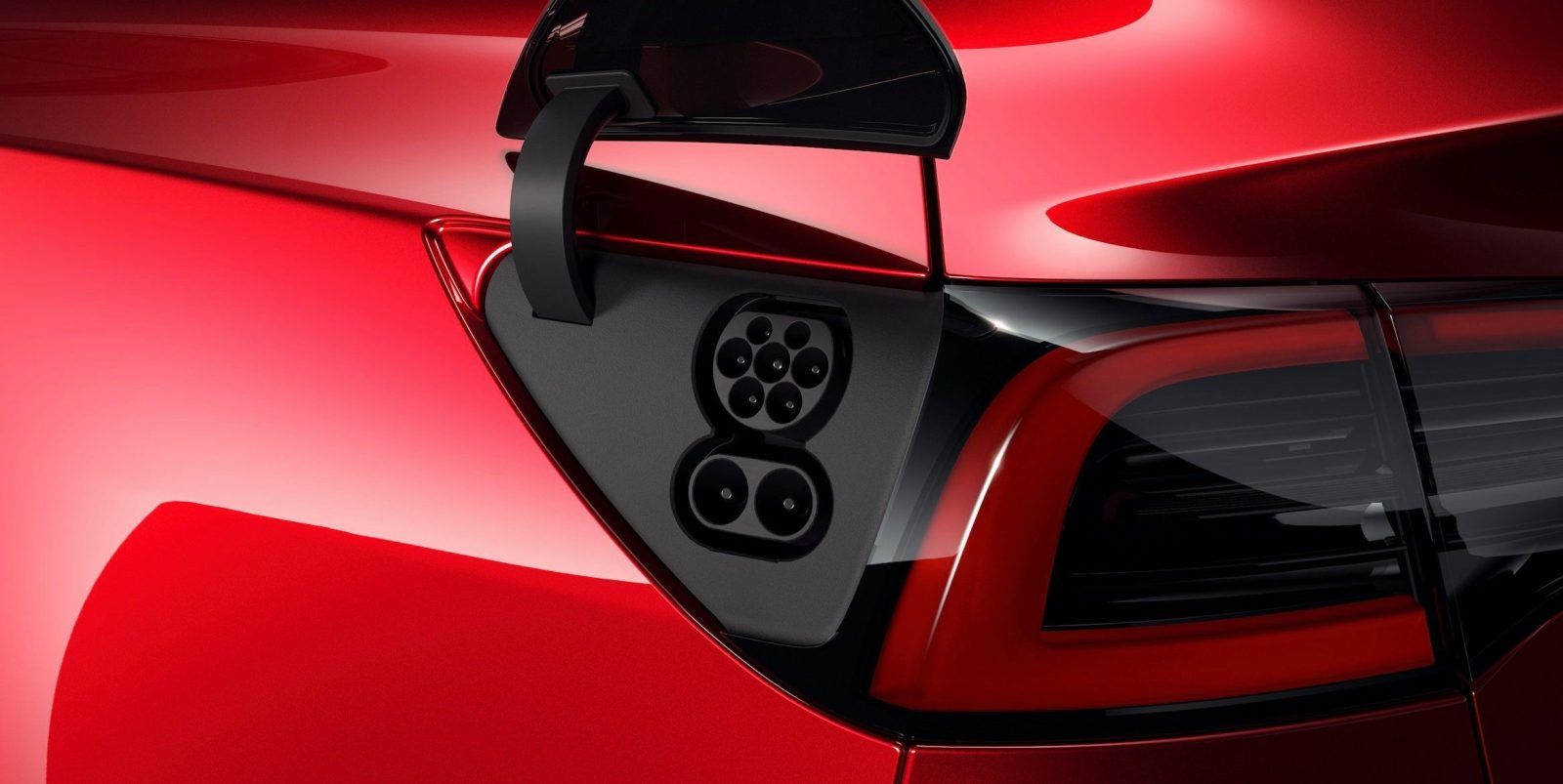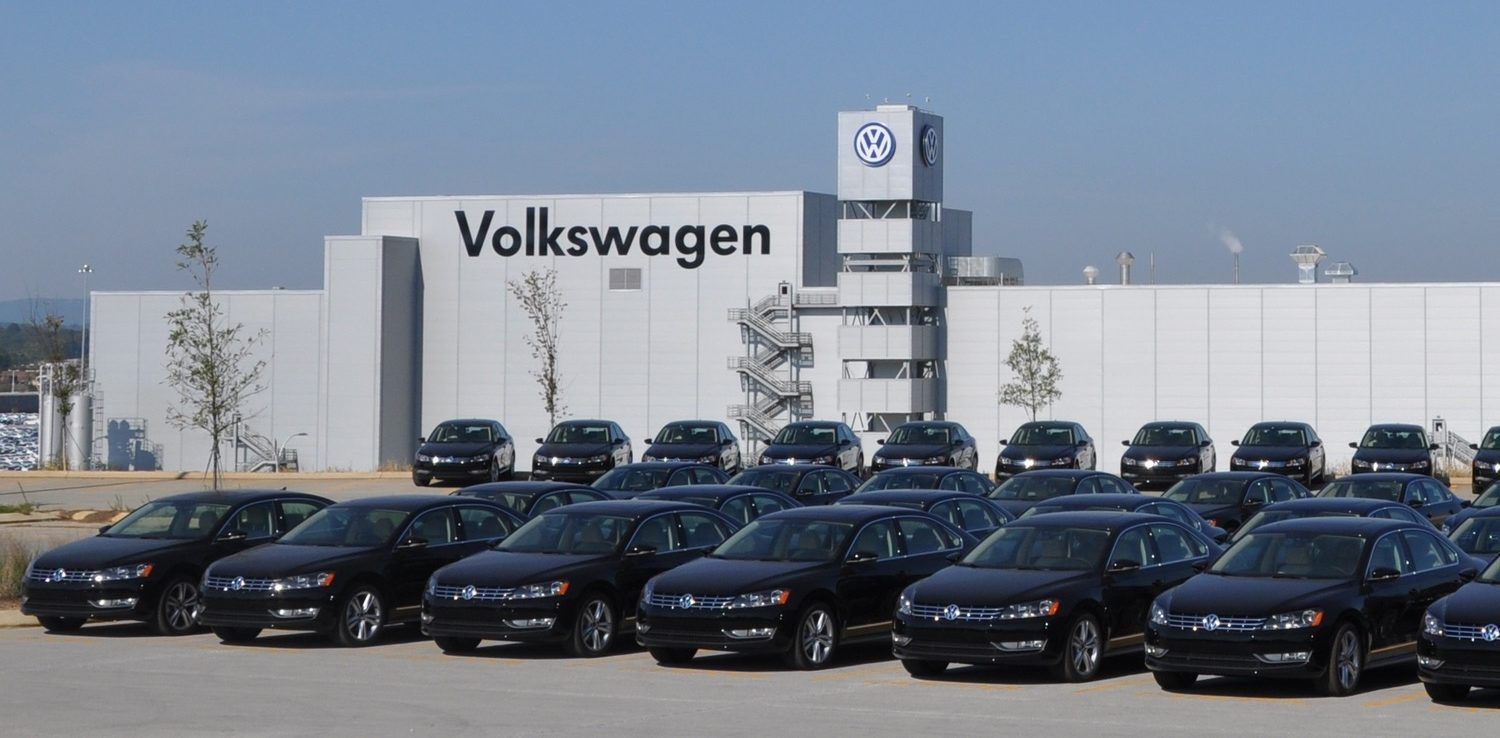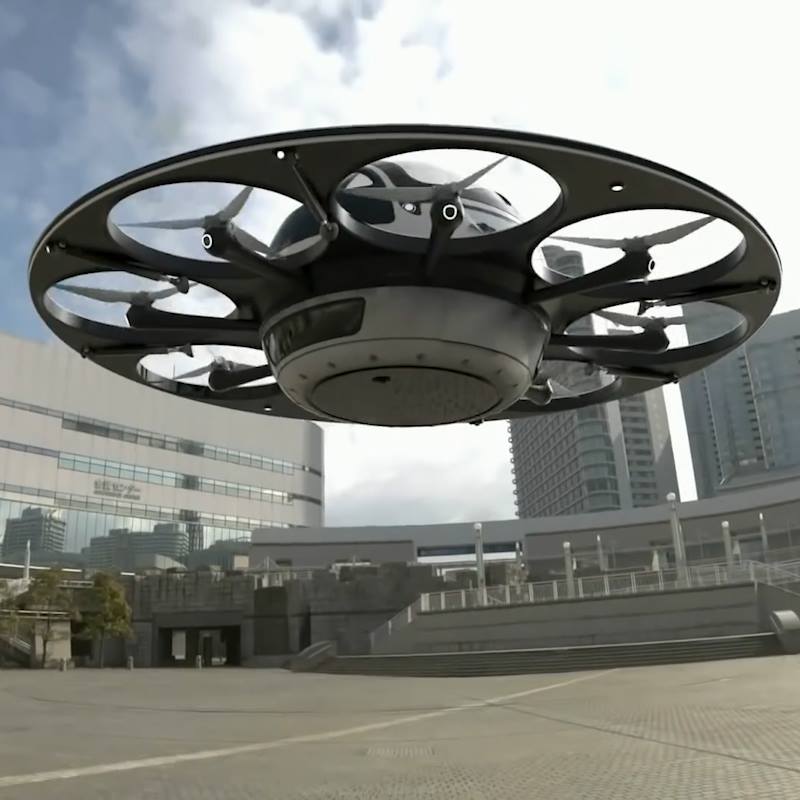The technology and innovation that Alibaba has developed to serve the needs that arise from Singles’ Day have allowed Alibaba to expand into a variety of services, including Alibaba Cloud, logistics, and artificial intelligence.
Within minutes of the clock striking midnight on November 11 this year, consumers across China will be racking up billions in purchases on Alibaba’s e-commerce marketplaces. Alibaba engineers and employees watching the transaction numbers on big screens will whoop as the figure instantly crosses the hundred million yuan mark, then zooms into the billions.
As the orders start to roll in, the company’s proprietary cloud computing platform Alibaba Cloud will, at its peak, process hundreds of thousands in transactions and payments per second. Robots in the automated warehouses of Alibaba’s logistics arm Cainiao will begin sorting and packing the orders that come in, readying them for the battalion of trucks, scooters and millions of deliverymen that will send an estimated 1 billion packages to their rightful owners within days of November 11.
For China’s largest e-commerce firm, Singles’ Day is not just its most important shopping event of the year. It is also the day that the Alibaba pushes the boundaries on its technology and services, stress-testing its technology systems during the world’s largest shopping festival that grows in scale every year.
Read more
